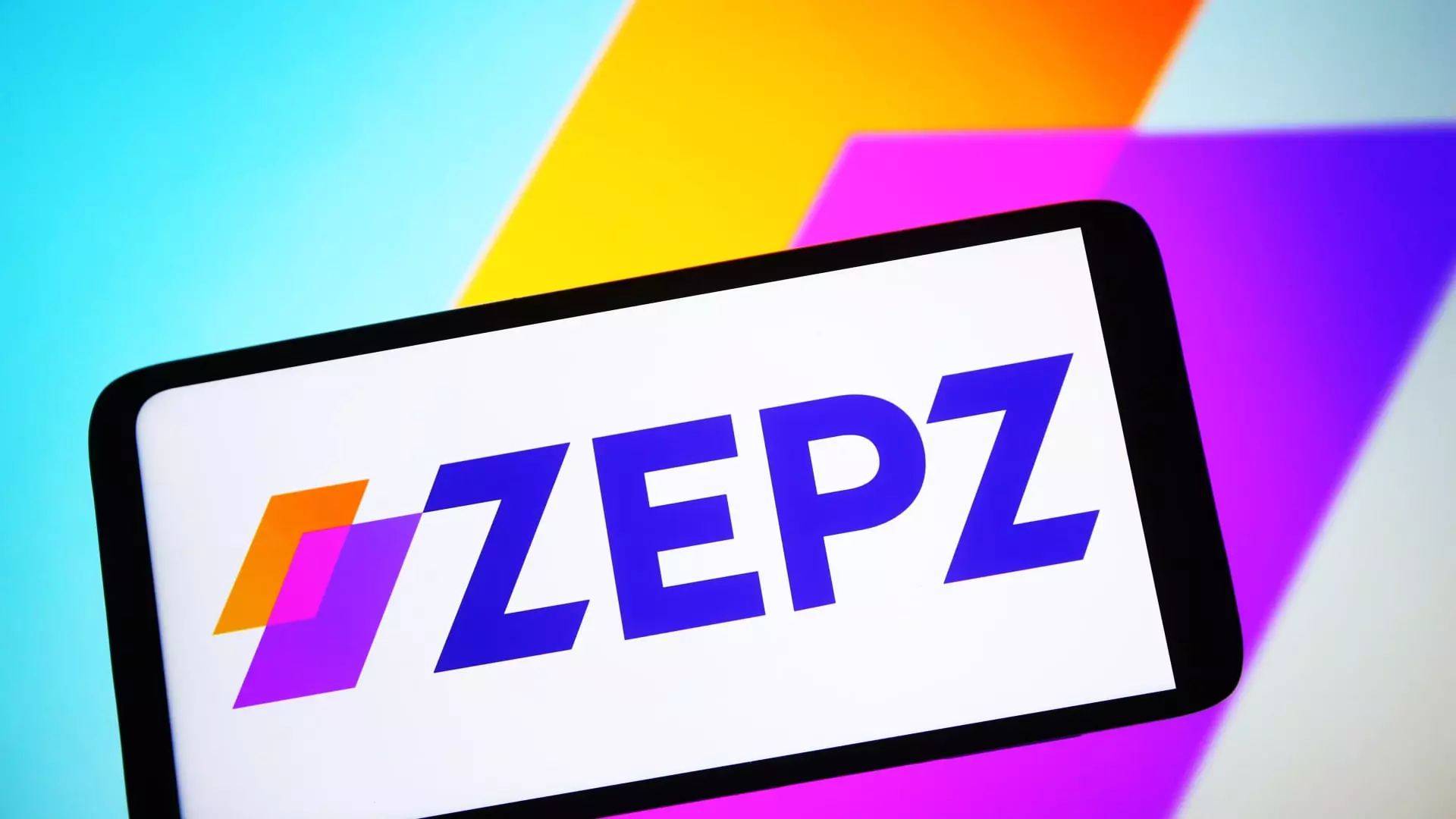In a significant shift within the fintech landscape, British remittance giant Zepz is enacting substantial layoffs while shuttering operations in notable markets like Poland and Kenya. The company, which has seen its workforce significantly reduced, will see approximately 200 employees affected—around 20% of its total global count of 1,000 as of early 2023. This decision reflects broader challenges and evolutions in the digital payments space, where speed and efficiency are increasingly paramount.
The redundancies primarily target IT departments encompassing roles in database management, development operations, and software engineering. Employees impacted by the cuts shared insights with CNBC, emphasizing the challenging nature of the situation. The company’s leadership, while confirming the downsizing, has opted not to divulge precise figures regarding the positions affected, which has stirred uncertainty among staff and stakeholders.
The rationale provided by Zepz for this drastic operational overhaul centers on a strategic initiative aimed at enhancing efficiency through automation and artificial intelligence (AI). A spokesperson explained that the successful completion of recent technological advancements underlies the need for a leaner workforce, stating that the move is essential to “sustainably support the next phase of long-term strategic goals and continued growth.” This suggests a noteworthy pivot in the company’s approach to managing its human resources in conjunction with tech-driven efficiencies.
Zepz’s CEO, Mark Lenhard, articulated the difficulties surrounding these decisions in an internal memo, reflecting on both the repercussions for affected employees and the necessity of the adjustments to ensure future operational success. He underscored the commitment to the company’s mission to serve immigrants and expand its footprint in the digital remittance sector, despite the painful implications for staff.
Founded by Ismail Ahmed, a figure who embodies resilience after fleeing Somalia during its civil war, Zepz has emerged as a significant player in the international money transfer industry. Initially branded WorldRemit, the company rebranded itself in 2020 following its acquisition of Sendwave. The evolution underscores a commitment to integration and growth, but the severe cuts raise questions about its long-term strategy and operational stability as it competes in an increasingly crowded marketplace.
Zepz has frequently been in the spotlight as it strives for an initial public offering (IPO), having already been valued at an impressive $5 billion in 2021. However, signs of volatility—like the recent layoffs and previous workforce reductions that impacted 26% of its employees last year—cast doubt on the immediacy of its market debut.
As Zepz navigates these turbulent waters, it finds itself in direct competition with robust digital payment entities, including PayPal, Revolut, Wise, and Remitly. The evolving fintech sphere is characterized by rapid technological advancements and shifting consumer expectations that demand quick, reliable, and cost-effective solutions. The challenge for Zepz will be to not only adapt to these market forces but to remain a preferred choice for customers seeking innovative remittance solutions.
Despite Zepz’s measures, the company maintains it will not compromise the quality of service provided to its diverse customer base. The reassurance from their spokesperson aims to quell anxieties amidst employees and consumers alike that such structural changes could undermine service delivery in critical markets.
Zepz’s strategic pivot towards automation and AI reflects a broader trend in the financial technology industry where companies are leveraging these technologies to streamline operations and enhance customer experiences. While these advances potentially promise a more efficient operation, they also raise concerns about job security—a recurring dilemma when organizations prioritize technology over people.
The digital remittance space continues to be influenced by technological evolution, and as Zepz addresses the immediate implications of its layoffs and operational closures, it echoes a fundamental truth: in the quest for growth and sustainability, companies must continuously find a balance between workforce engagement and technological investment.
Zepz stands at a critical juncture, responding to the complexities of a competitive digital landscape while seeking to redefine its identity and operational framework in the wake of substantial layoffs. As they navigate this transitional phase, the focus on sustainable growth and adaptation will be paramount in shaping the future of the company and its role in the realm of digital remittances.

